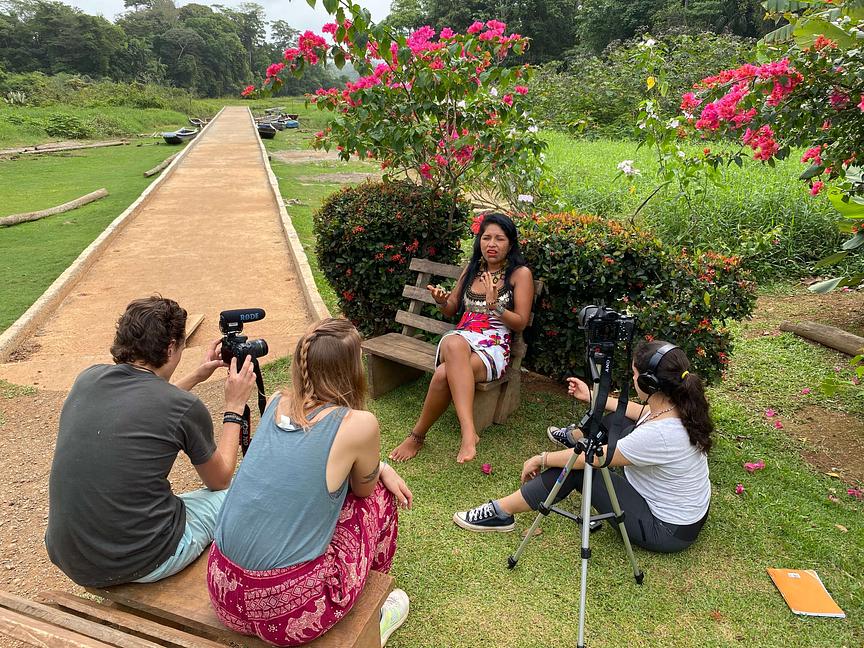Inspired by founder Joann McPike’s son Alex and his curiosity about the world, TGS was created to redefine education. Students live in 4 countries annually, with a heavy focus placed on agency, autonomy, and purpose.
By engaging directly with diverse cultures and real-world challenges, they develop critical thinking, empathy, and a global perspective -- valuable skills in our evolving world.
At TGS, innovation is woven into every aspect of the school. Students don’t just sit in classrooms—they live and learn in four countries annually, engaging directly with the people, cultures, and challenges they encounter.
Each term is anchored by student-led projects that tackle pressing issues such as climate change, social justice, and biodiversity loss. Teachers act as mentors, guiding students as they develop critical thinking, creativity, and leadership skills.
Textbooks and lectures are paired with interdisciplinary, hands-on learning. Students collaborate in teams to solve real-world problems, whether it’s designing sustainable housing, creating solutions for clean water access, or supporting local businesses.
By making the world their classroom, students gain more than facts—they gain a deeper understanding of humanity. Each experience strengthens their ability to think critically and act thoughtfully, preparing them to create lasting change wherever life takes them.
THINK Global School’s innovative model has captured attention worldwide, inspiring educators, parents, and students seeking meaningful change in education. Our alumni, equipped with critical thinking, creativity, and a global mindset, actively share their experiences and drive impact in diverse fields.
Through the THINK Learning Studio and partnerships with educational organizations, conferences, and global forums, we share our Changemaker Curriculum and project-based learning approach, encouraging others to adopt experiential models. Media coverage and word-of-mouth from families and communities amplify our reach, highlighting how living and learning in four countries each year prepares students to address real-world challenges with empathy and purpose.
Families interested in attending THINK Global School can submit an inquiry on our website to begin the application process, with applications being open between August and December of each year.
We also invite anyone interested in THINK Global School to email us directly about visiting onsite, providing mentorship, or employment opportunities at community@thinkglobalschool.org.


